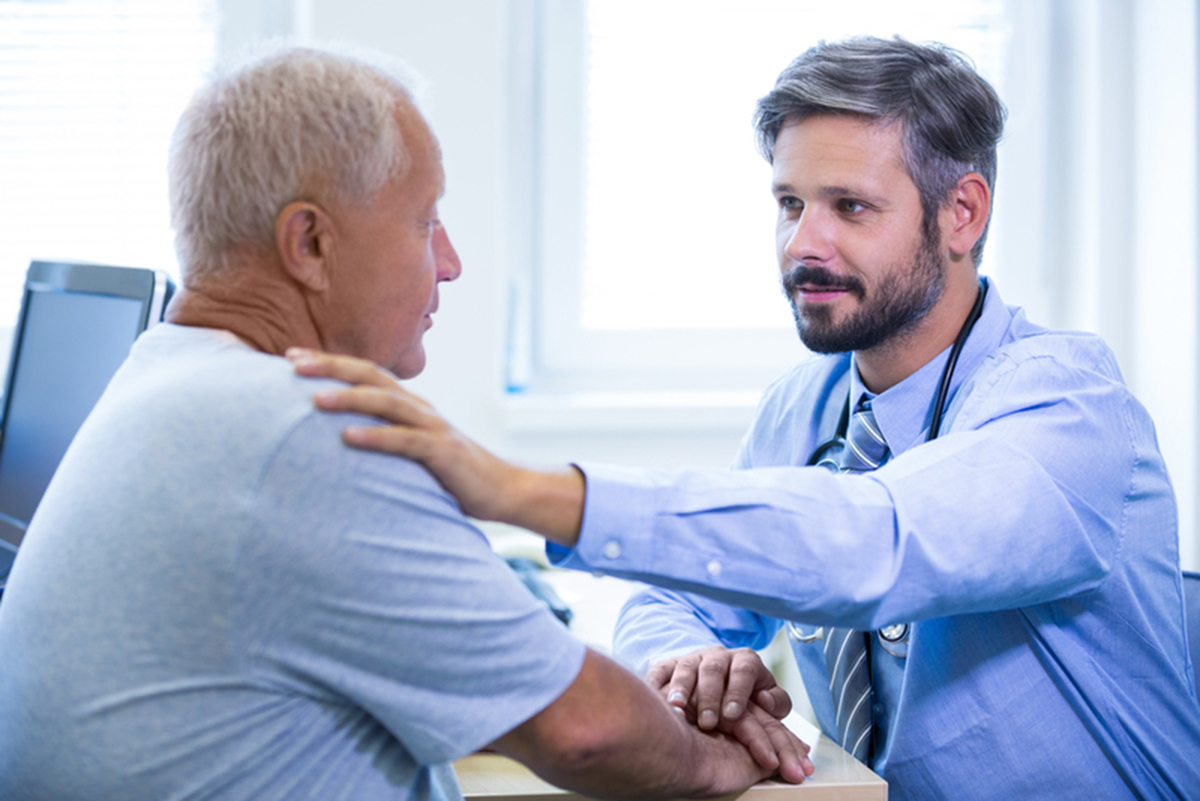"Very severe" or "end-stage" COPD is mostly characterized by the symptoms that were already familiar to you in the earlier stages. They'll be more intense, however, as well as more frequent. The medications that offered a lot of relief before are unlikely to be as effective, severe shortness of breath is very common even when you're not engaging in physical activities, and flare-ups are more likely to strike often and be more serious. Patients have a high risk of infections and complications, and hospital stays should be expected at this stage.

1. Managing severe shortness of breath (dyspnea) during end-stage COPD
Not only will your dyspnea become much more severe during end-stage COPD, even when you're not doing much of anything, your usual medications are likely to offer more limited relief as well. How do you manage this double-whammy?
- The short-acting (rescue) and long-acting bronchodilators you were prescribed earlier in the course of your disease will be continued, but your dosage and requency of use may change.
- Glucocorticosteroids can really help you out at this stage. Inhalable steroids can come as an inhaler or be delivered through a nebulizer. During end-stage COPD, a combination medication that contains both a steroid and a bronchodilator, like for instance Symbicort, is likely to be prescribed.
2. Managing low oxygen levels during end-stage COPD
Hypoxia means not enough oxygen is being delivered to your blood and tissues, and end-stage patients are likely to experience this even when they are not physically active. If you were not already on oxygen therapy, it will become a part of your life now. This may be:
- Continuous
- While you engage in physical activities (portable oxygen therapy is available)
- When you experience acute dyspnea and hypoxia, as a "relief treatment"
3. Dealing with chronic respiratory failure during end-stage COPD
Chronic respiratory failure can either strike when your airways cannot eliminate carbon dioxide properly, or when they cannot supply you with enough oxygen. Should this happen to you, you will need to be hospitalized. A combination of bronchodilators and oral — rather than inhaled — steroids can lead to easier breathing and reduce the risk of flare-ups.
4. Treating pulmonary hypertension during end-stage COPD
End-stage COPD patients often suffer from pulmonary hypertension, or high blood pressure in the pulmonary arteries. This can, in turn, lead to right-sided heart failure — the right side of the heart has the job of getting blood to your lungs, and it becomes very strained when you have pulmonary hypertension.
Regular medical attention is key during this stage, as a timely diagnosis can make a lot of difference. In addition to oxygen therapy, nitric oxide is one treatment.
5. Suffering from anxiety and depression during end-stage COPD?
Your quality of life will have declined during end-stage COPD, even with the best treatment available. It is no surprise that patients who can no longer do what they want, or breathe well, often become depressed and anxious. Because both depression and anxiety can make your symptoms even worse, and because treatments are available, it is important to let your doctor know if you are feeling anxious or depressed. Both talk therapy and medication, such as antidepressants and anxiolytics, can help you.
6. Preventing weight loss during end-stage COPD
During end-stage COPD, the physical act of eating can take more of an effort, and the extra work your lungs are doing means that you need more calories to sustain your current weight. Additionally, COPD patients with depression may lose their appetite. End-stage COPD patients often lose significant amounts of weight.
What should you know about palliative care for end-stage COPD?
"Palleative care" and "hospice care" are two frequently confused disciplines. Palliative care encompasses, basically, anything that can help patients improve their quality of life, which can include:
- Minimizing side effects from medications
- Emotional support
- Minimizing pain and discomfort
This can include strategies to help you sleep better, access to pain relief (such as low-dose morphine), working with a nutritionist, talk therapy, physical therapy, and even helping your family understand how they can best support you.
Hospice care is a discipline dedicated to helping patients who are expected to pass away soon have the best experience they can, on the other hand.

